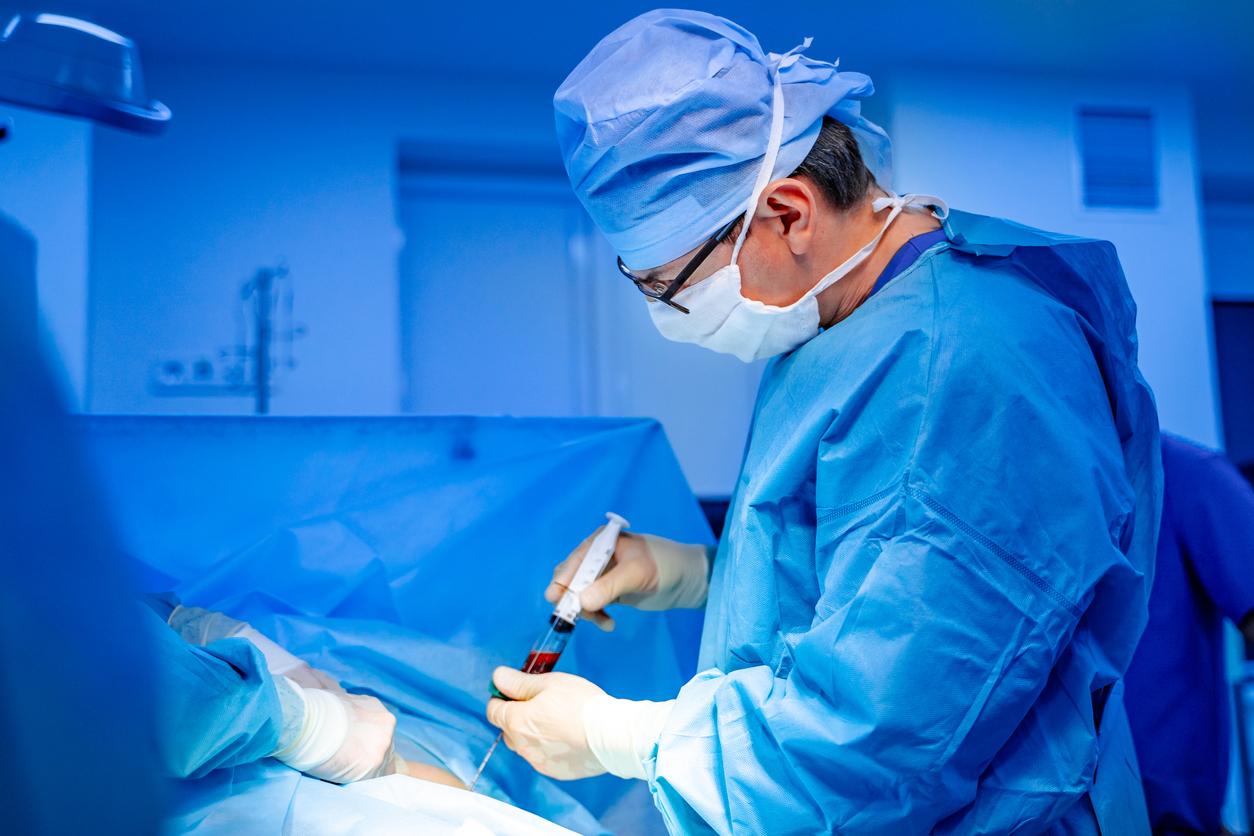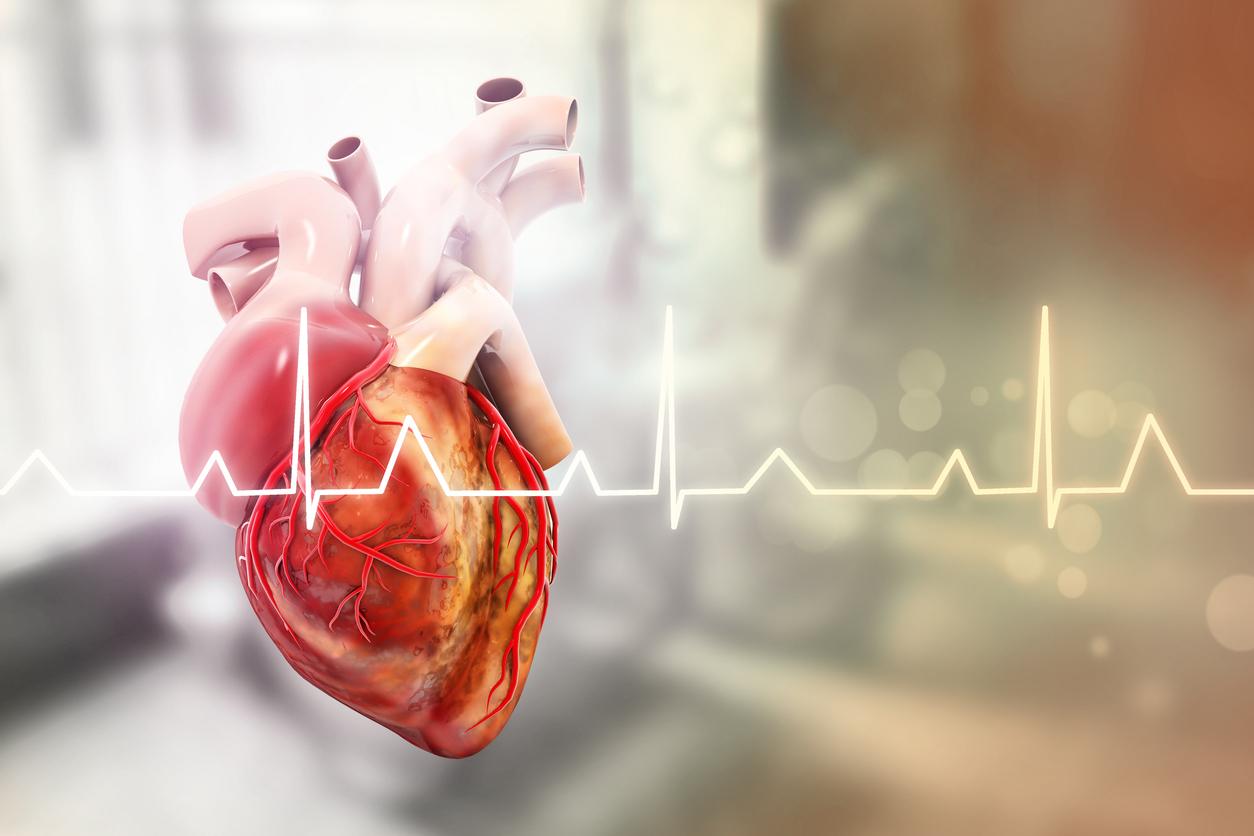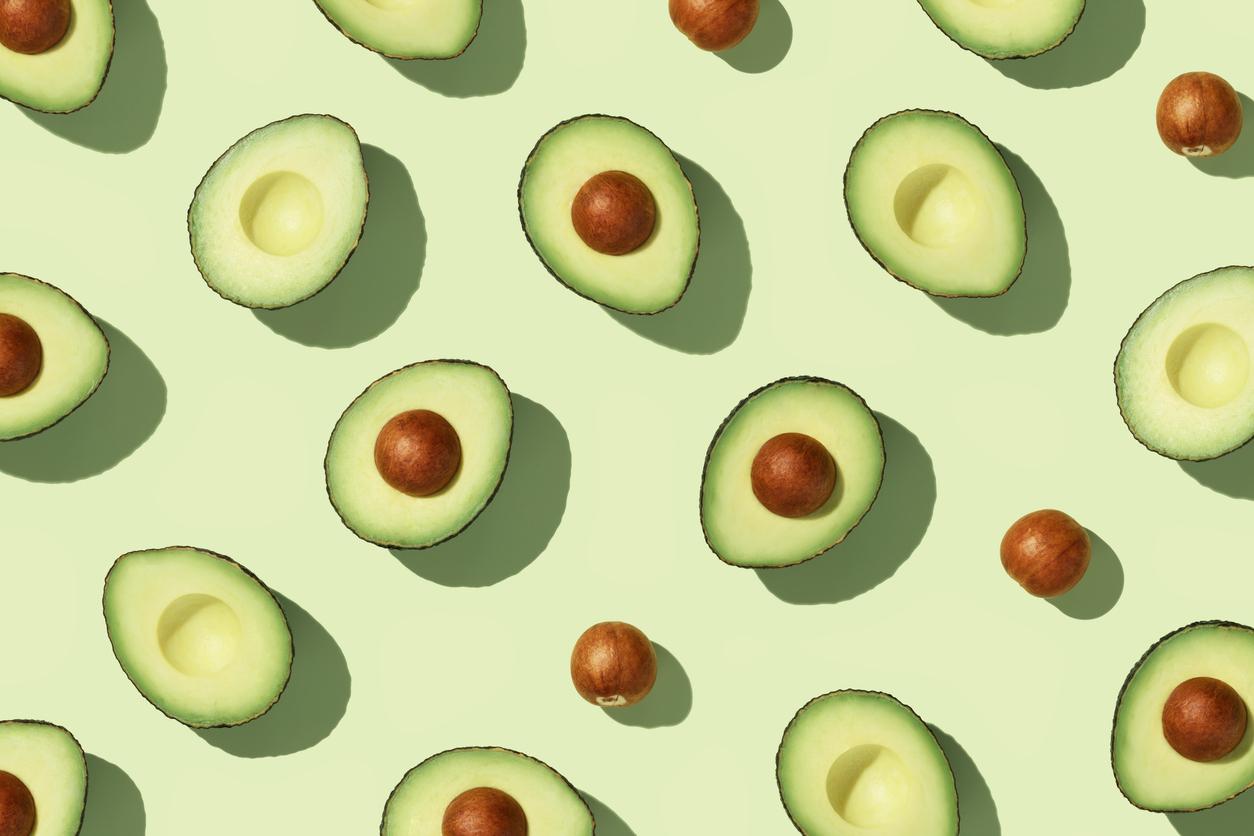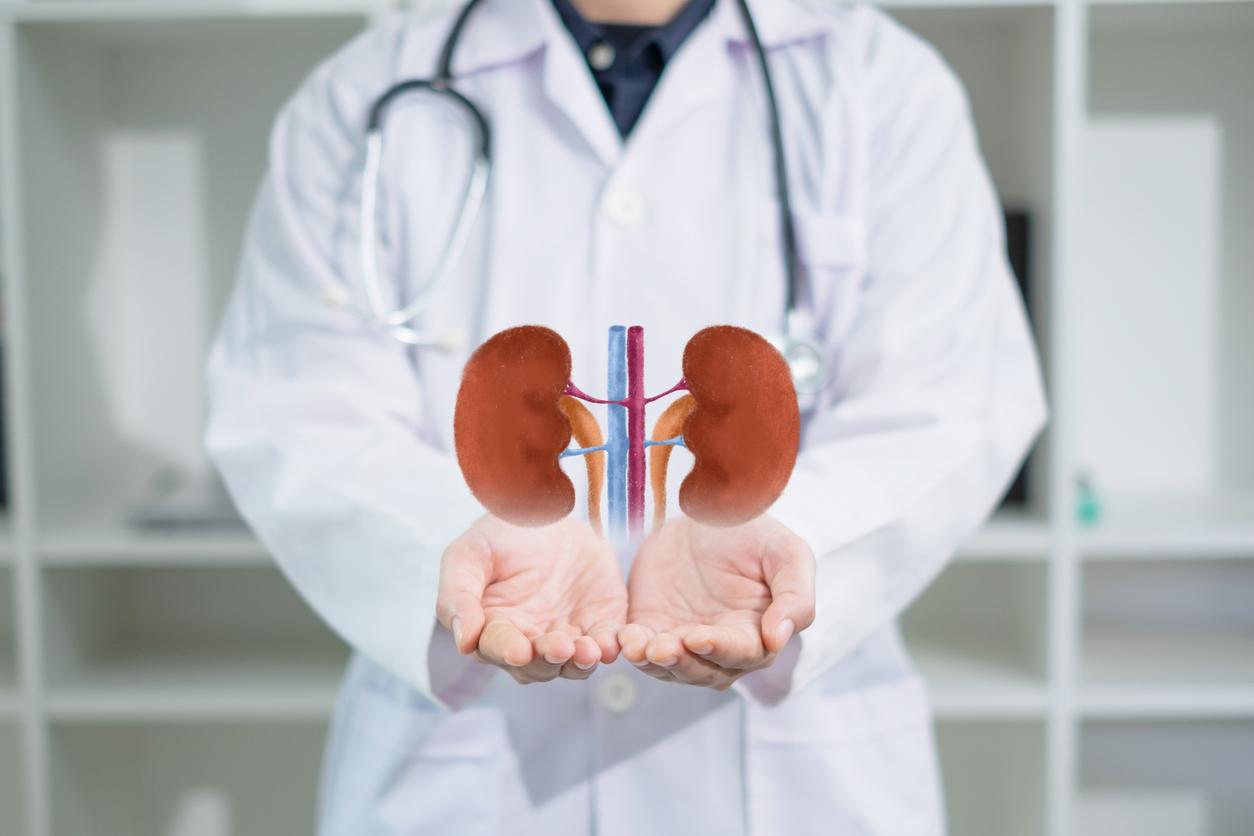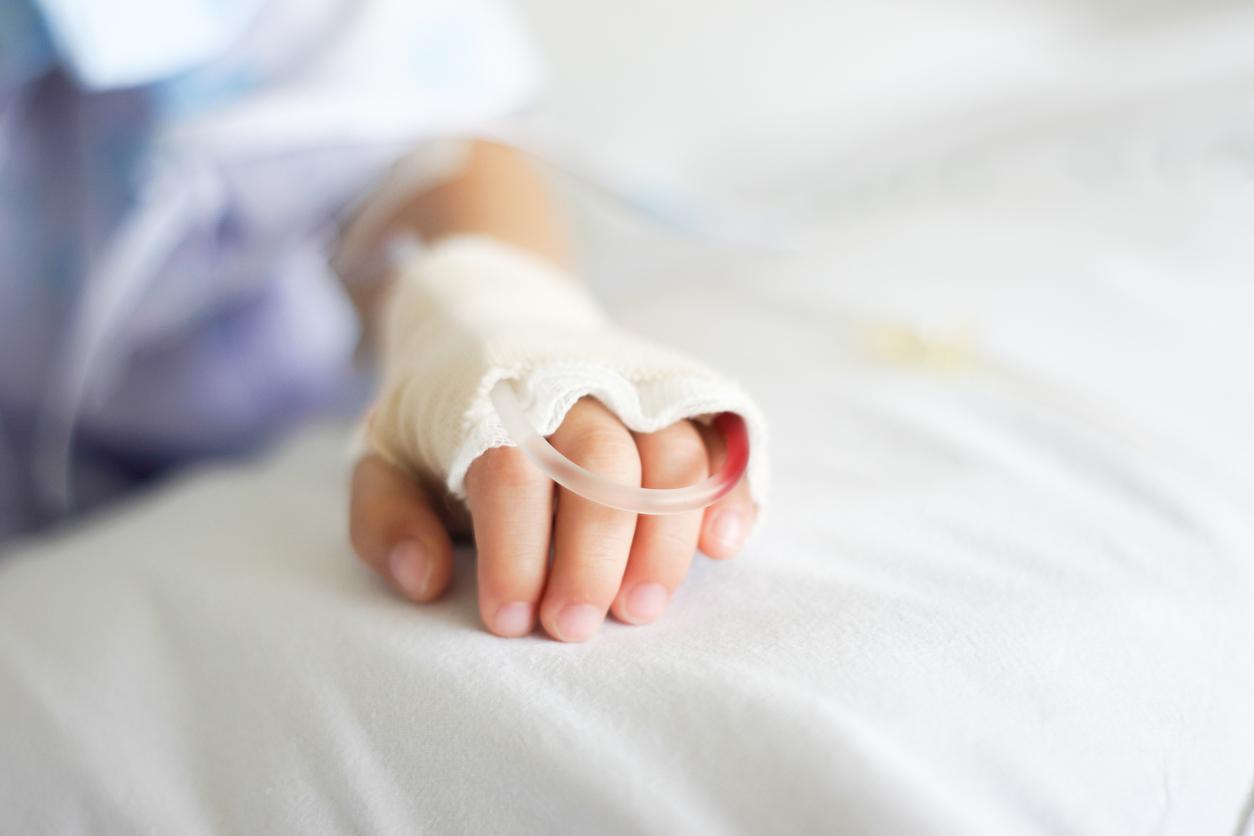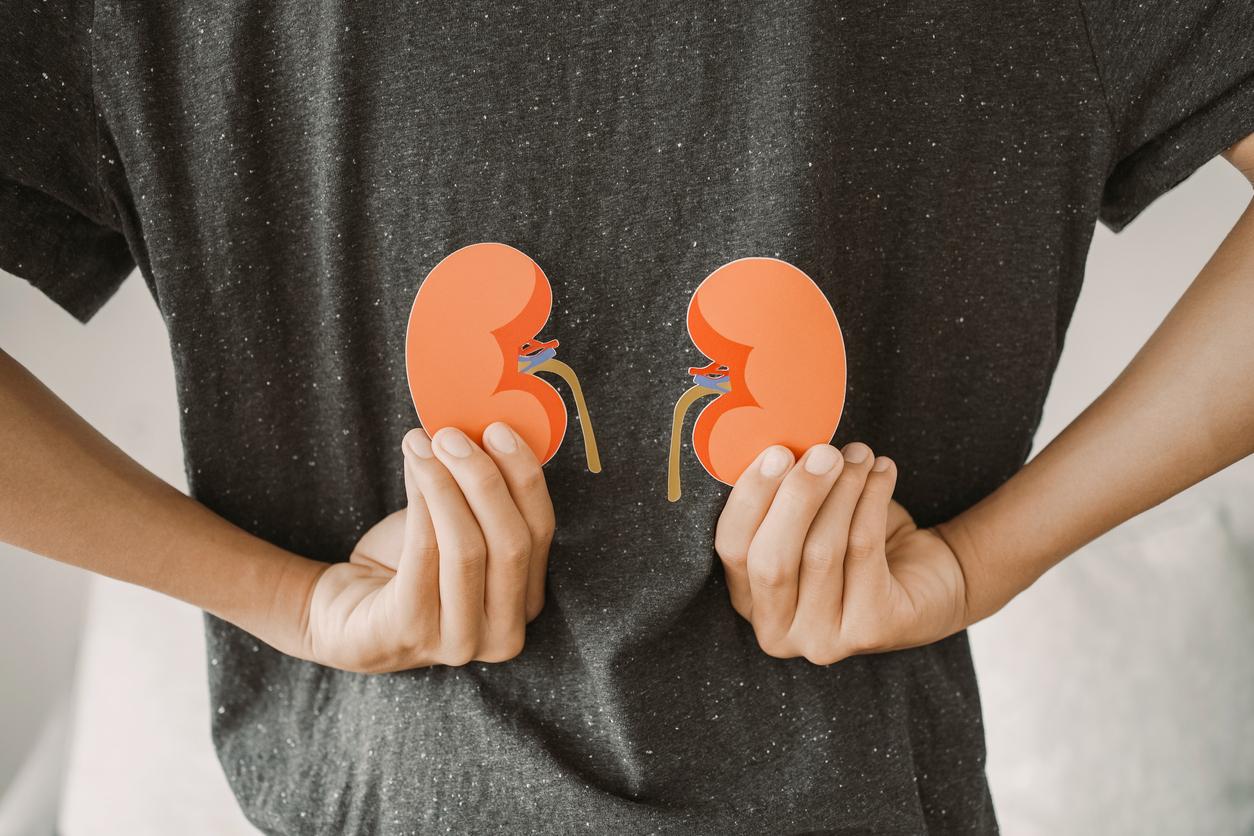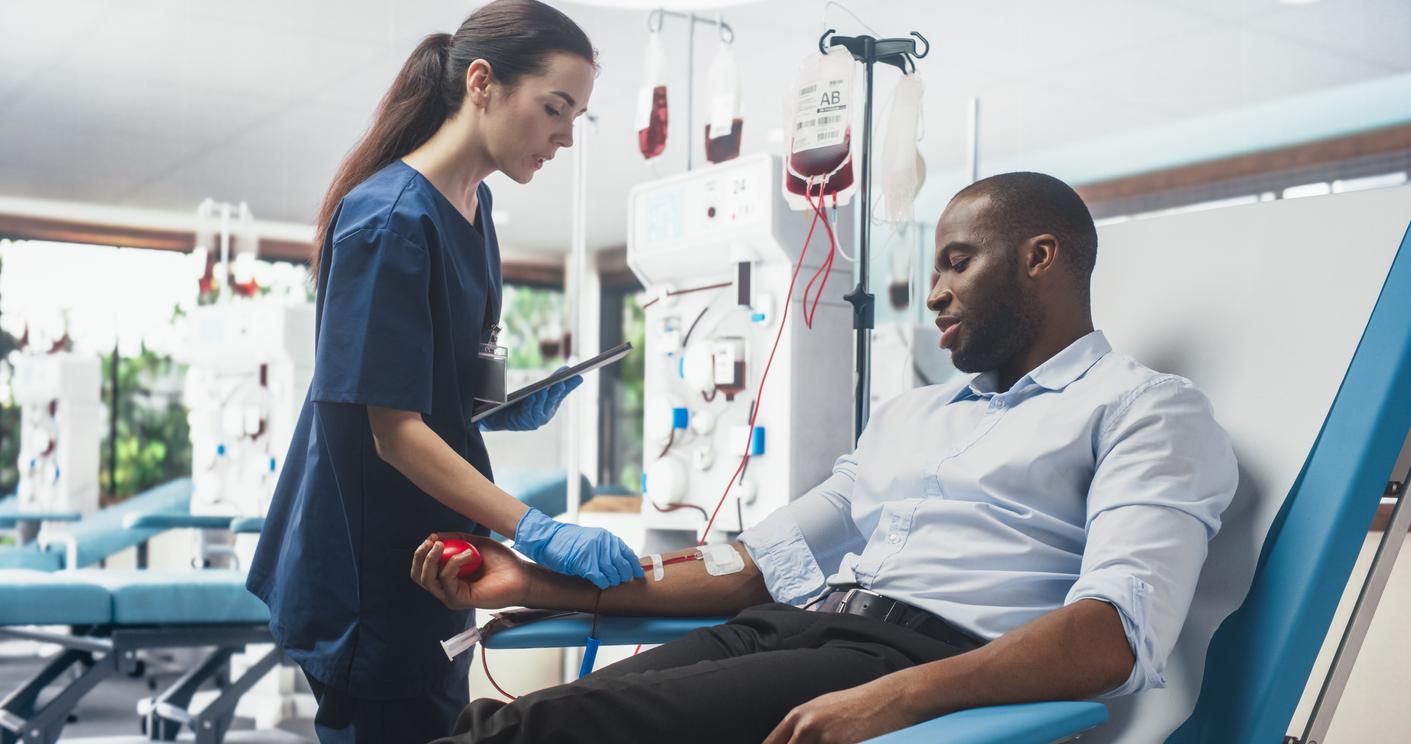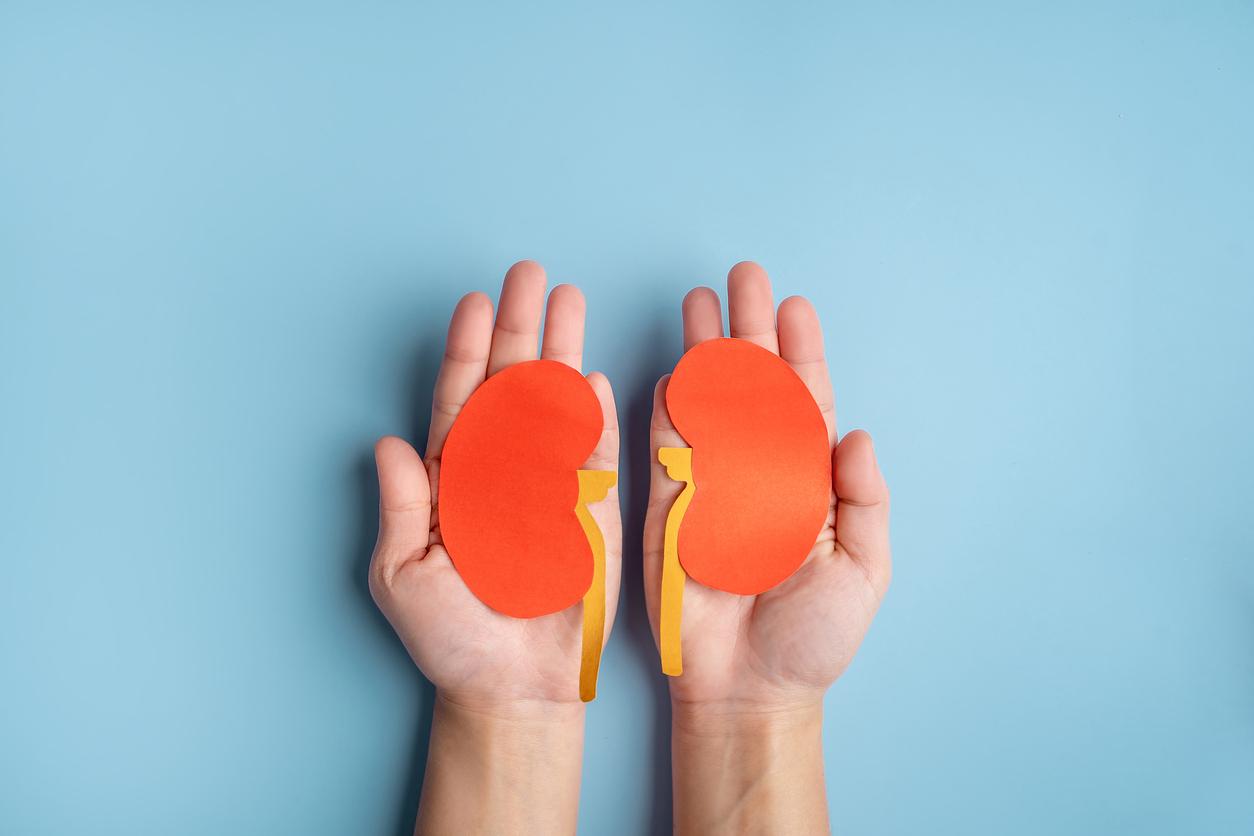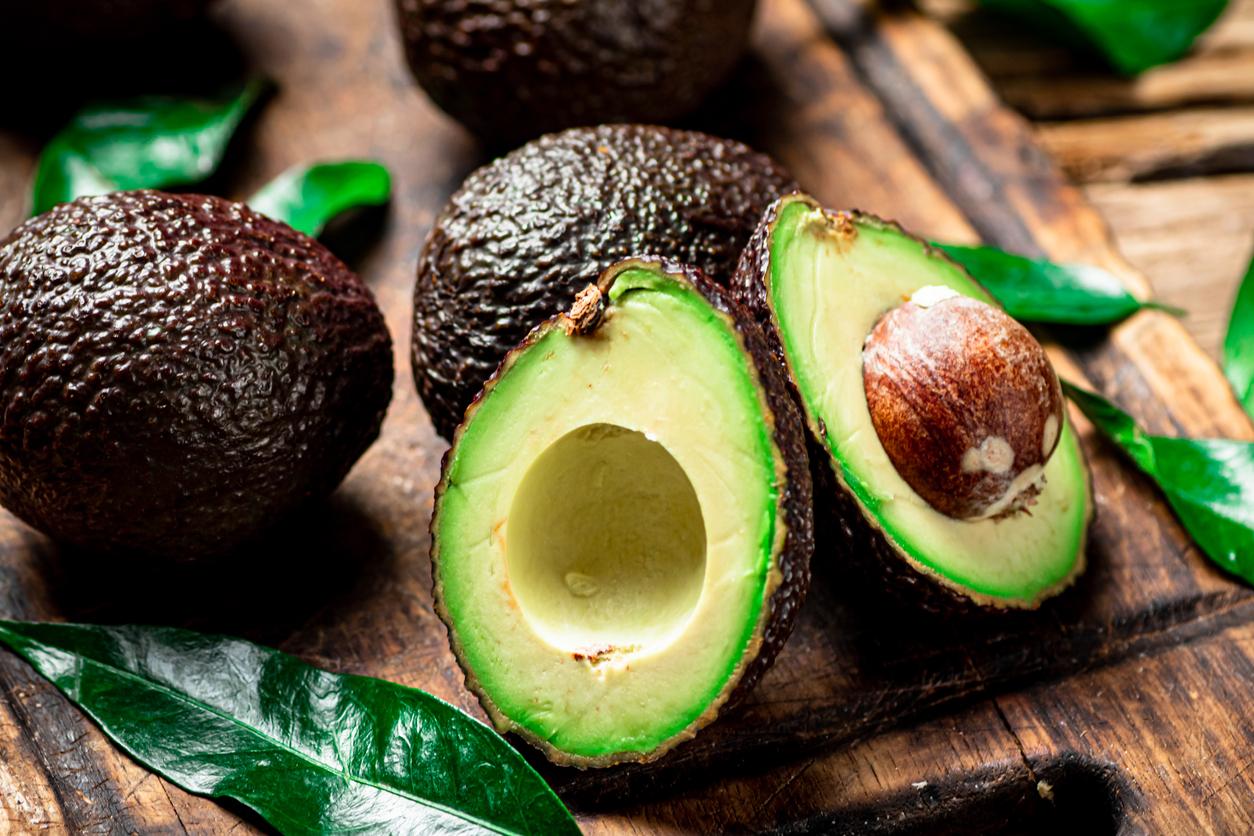The fight of a lawyer born by sperm donation, to learn more about her biological father, has rekindled the debate on the right to anonymity and the duties that donors must fulfill.
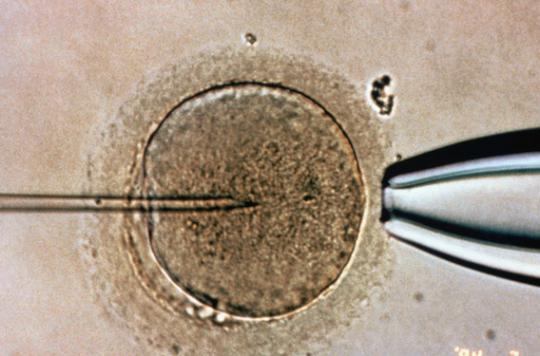
In a few days, Audrey Kermalvezen relaunched an intense debate on the right to anonymity for gamete donors. Born thanks to a sperm donation, this 35-year-old lawyer has appealed to the Council of State to obtain information on her biological father, and threatens to then turn to the European Court of Human Rights if his request does not succeed.
Gamete donation, the rights conferred on donors, and the obligations to which they must submit have gradually been established by the various laws of bioethics. A potential donor must first meet specific criteria: be under the age of 45, have the consent of his partner if he lives in a couple, and finally, be in good health. Since the publication of a recent decree on the subject, donation is now open to nulliparous men, men without children.
Anonymity, a right
In fact, Audrey Kermalvezen is unlikely to learn more about her donor. Since 1994, theThe identity of donors is protected by the principle of anonymity. In addition, the last 2004 bioethics law offers strong guarantees to protect anonymity.
The law only authorizes the dissemination of information on the donor in the event of “therapeutic necessity”. Concretely, this means that if a donor develops a rare genetic disease late, this information can be transmitted to children born to his gametes. Likewise, if a recipient child develops a recessive hereditary disease, CECOS can inform the donor, so that they can have these own children tested, as explained by Jean-François Guérin, president of the CECOS ethics commission.
Jean-François Guérin, President of the CECOS Ethics Commission: “These are rare cases, but they can happen. We could inform the donor that we have found in a child resulting from his donation and vice versa. But there is no legal provision … “
Professor Jean-Philippe Wolf, head of reproductive biology and CECOS at Cochin hospital in Paris, recently had to deal with this scenario. A man who had donated twenty years ago came to him after discovering he had a cardiac arrhythmia potentially transmissible to his descendants. CECOS therefore found and warned the children born of his donation.
Jean-Philippe Wolf, Head of Reproductive Biology and CECOS at Cochin Hospital: “We can communicate medical data to the person …”
The donor signs “a moral contract”
In exchange for a certain number of guarantees to preserve their anonymity, donors are required to undergo a thorough medical and genetic analysis, before being able to make their first donation.
Doctors check a family history and do two blood tests six months apart to establish the blood type, karyotype or the presence of infectious diseases.
On the other hand, no legal device currently obliges the donor to inform CECOS if he develops a genetic disease in the years following the donation. It is only a “moral” contract, according to Professor Wolf. However, doctors say they are raising awareness among donors on the subject more and more, and information in the event of a rare genetic disease is therefore increasingly shared.
Jean-Philippe Wolf : “We do very thorough examinations before the donation. Then it is a kind of moral contract that they have with the CECOS. “
Avoid inbreeding
Lawyer Audrey Kermalvezen says she only wants access to her donor’s non-identifying data to ensure that she and her spouse, also born from sperm donation, are not consanguineous. A particularly low risk, according to Professor Guérin, because donors must follow certain rules which aim precisely to avoid any consanguinity.
First, the number of births per donor has been limited to ten since 2004. Men are also unable to give in several CECOS. For the anecdote, the same donor had presented himself at the beginning of the years 2000 in several centers all over France, multiplying the donations, and the probability that children are born thanks to his sperm.
The CECOS then set up in 2010 a coordination mechanism and a common file, to ensure that donors are “unmasked” if they go to several places. Thanks to these measures, the fear of consanguinity is not justified for Professor Guérin, and does not constitute a reason to lift the principle of anonymity.
Jean-Francois Guérin : “We noticed by cross-checking that a donor had made his tour of France. We have now developed a system to identify a donor if he goes to another CECOS … “
.









